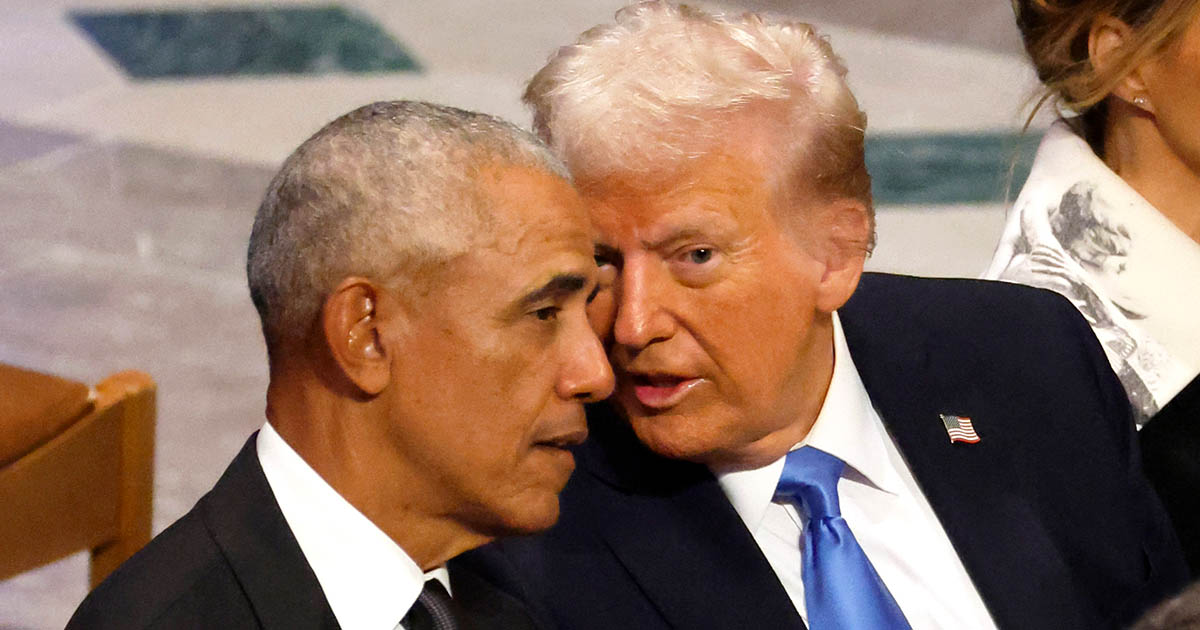In the ever-shifting landscape of American politics, few hypotheticals capture the public’s imagination quite like a direct electoral clash between its two most dominant figures of the past two decades: Barack Obama and Donald Trump. While one represents the calm, intellectual appeal of a former era and the other the fiery, disruptive energy of the current one, they have never actually faced each other on a presidential ballot. This has led many to wonder how such a monumental matchup would play out with the American electorate.
The very idea of this race may seem like political fantasy, and legally, it is. The U.S. Constitution’s 22nd Amendment explicitly limits presidents to two elected terms, a rule that would bar both men from running again in 2028. Despite this clear legal barrier, the concept has gained traction, fueled in part by Donald Trump’s own comments. When asked about the possibility in the Oval Office, Trump responded with pure enthusiasm, stating he would “love that” and calling it “a good one.” He has even hinted, with a grin, that there might be “methods” to circumvent the constitutional limit, though he has not elaborated on what those might be.

To settle the curiosity, a recent poll ventured into this “what if” scenario, surveying over a thousand registered voters. The results provided a fascinating snapshot of the current political mood. In this head-to-head contest, Barack Obama emerged as the victor, with 52% of respondents saying they would vote for him compared to 41% for Donald Trump. The numbers suggest that even years after his presidency, Obama retains a significant and powerful coalition of support that transcends the current political divides.
Delving deeper into the demographics reveals the foundations of this hypothetical lead. The poll indicated that Obama commands overwhelming support from key voter groups, with 73% of Hispanic voters and 68% of Black voters siding with him. Notably, the data also showed that Obama was the only recent Democratic standard-bearer to beat Trump in such a hypothetical poll, outperforming other prominent figures like Hillary Clinton and Kamala Harris in similar matchups.
While the legal hurdles make this race a near impossibility, the very discussion of it reveals much about the American political psyche. Changing the Constitution to allow a third term for either man would require a monumental, and currently unimaginable, consensus in Congress and among the states. Yet, in a time of unprecedented political events, the public and the media remain captivated by the legacy of these two men and the enduring, polarized coalitions they built. This poll is less a prediction of the future and more a reflection of the enduring impact both presidents have left on the nation.


